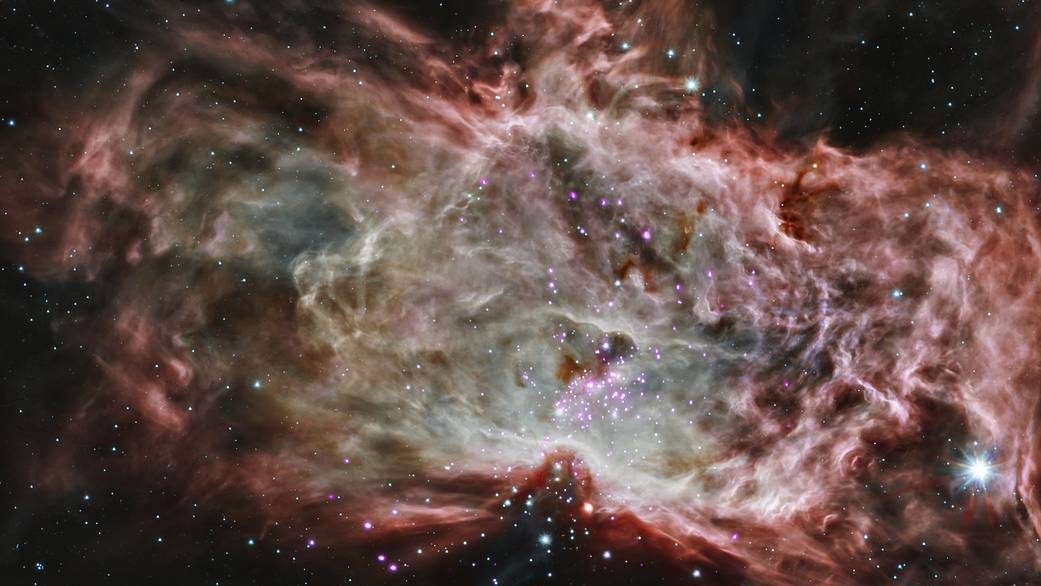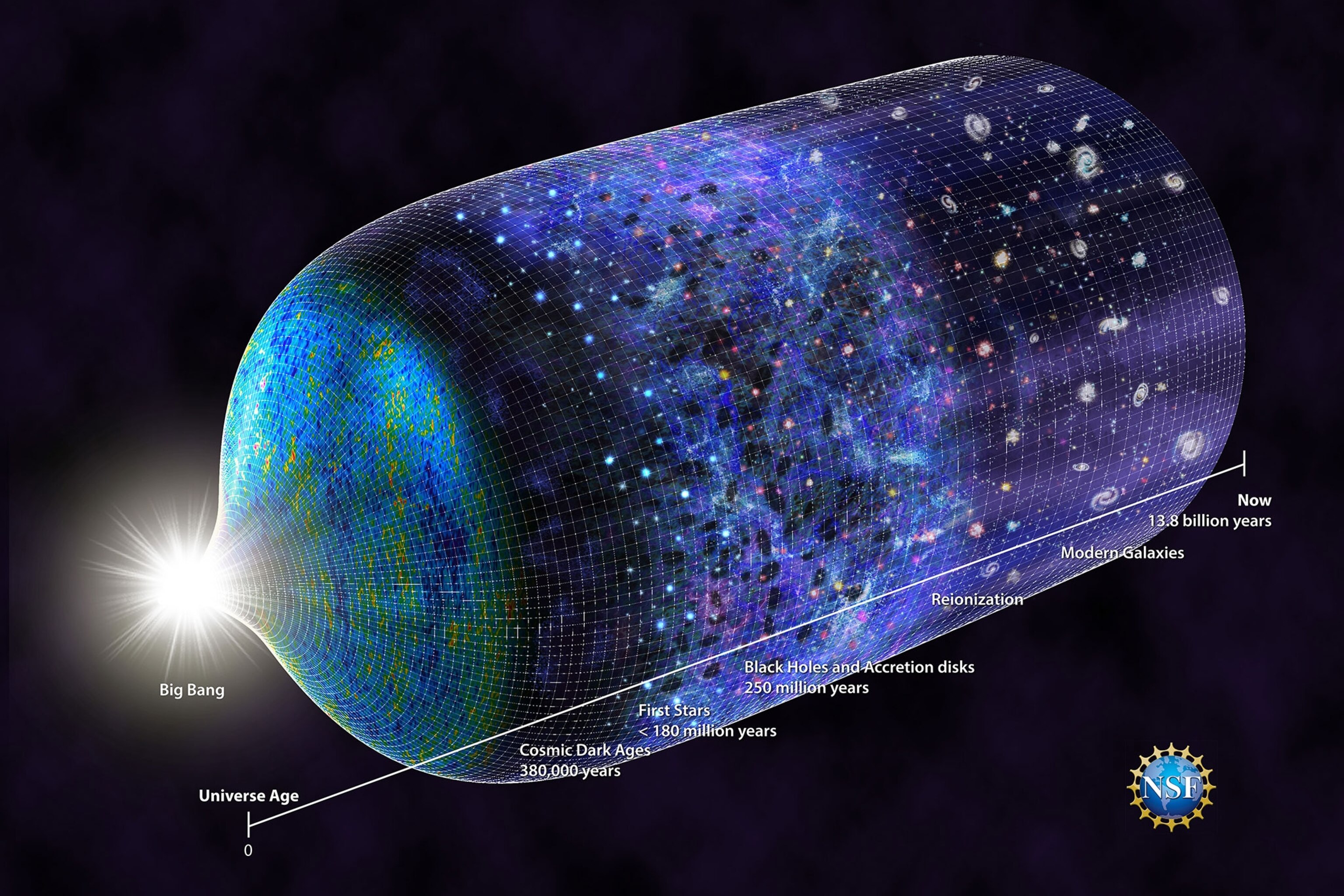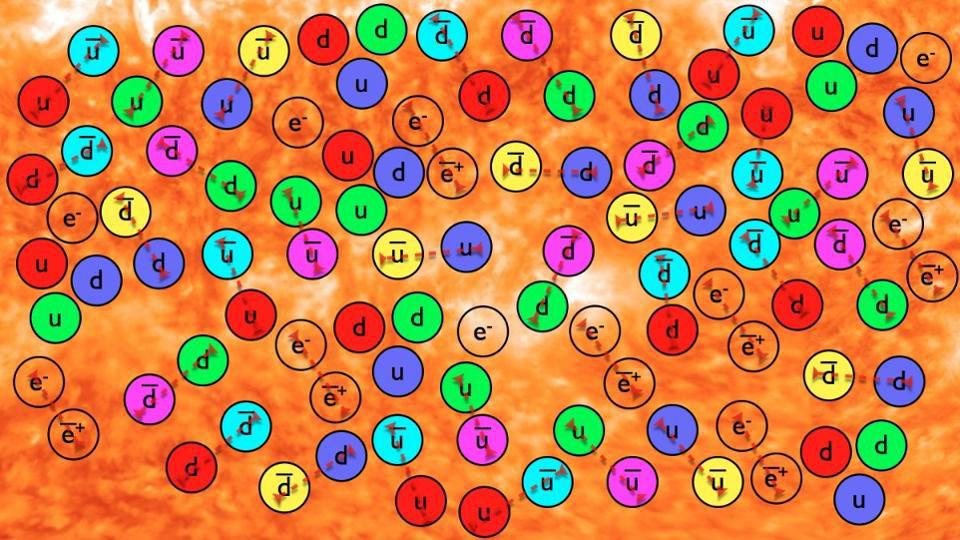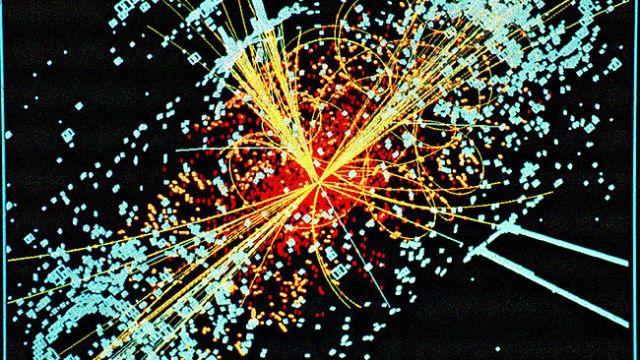Why Is There a Universe?
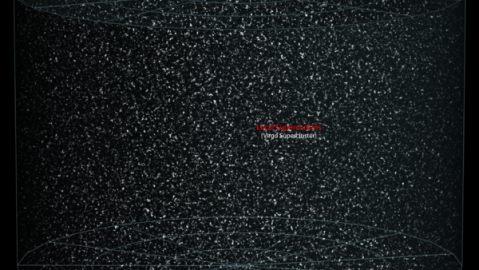
What’s the Latest Development?
Physicists believe it is the perfectness of nothingness, its perfect symmetry, that makes its existence impossible. Speaking on nothingness, Frank Wilczek of the Massachusetts Institute of Technology says, “There’s no telling one part from another, so it has total symmetry.” This kind of balancing act is simply too unlikely given what we know about the quantum world: it is filled with a great deal of uncertainty. “And as physicists have learned over the past few decades, symmetries are made to be broken.”
What’s the Big Idea?
Wilczek’s own specialty describes how quarks behave deep within atomic nuclei. It tells us that nothingness is a precarious state of affairs. “You can form a state that has no quarks and antiquarks in it, and it’s totally unstable,” says Wilczek. “It spontaneously starts producing quark-antiquark pairs.” The perfect symmetry of nothingness is broken. That leads to an unexpected conclusion, says Victor Stenger, a physicist at the University of Colorado in Boulder: despite entropy, “something is the more natural state than nothing.”
